Material classification of barbecue grill grate.
 Oct 06,2022
Oct 06,2022

 LQY
LQY
Grill grate is the indispensable part for your BBQ.
There are different type grill grate in the market with different kind of material.
Choosing a right grill grate is a big decision for your cooking, as it can affect how your food cooks. The right choice will be difficult as the grill factory love to use a lot of marketing jargon to describe the grates.
To make things simple, we’ll introduce more knowledge for the different kinds of grill grates to help you get all the information you need to make the right choice.
What kind of grill grate are available in the market.
Most grill grates are made of cast iron, stainless steel or one of those base materials covered in an enamel coating.
There is some discussion about which grill grate material is the best, follow is the advantages and disadvantages of the three material.
1. Stainless steel grill grates
Stainless steel grill grates are the most popular grate for cooking. Stainless steel grill grate is not heavy, which makes them easy to move which is helpful if you need to add the coals underneath.
The low weight also means a stainless steel grill grate heat up quickly. However, because they tend to be thinner they don’t retain heat very well
Proper stainless steel is highly corrosion resistant.
Advantages
Light and easy to move around
Heats up quickly
Very corrosion resistant when new
Affordable
Disadvantages
Cooking surface degrades over time if not maintain regularly.
Bad heat retention
2. Cast iron grill grates
Cast iron grill grills have a reputation for holding heat and producing even cooking temperatures.
Thicker cast iron takes longer to heat up than stainless steel. But once they reach cooking temperature, you can expect excellent heat transfer and bold burn marks.
The downside of cast iron grills is that they are heavy and expensive to maintain.
Heavy grate can make it difficult to access coal and move the grate when cleaning is needed.
Meathead Goldwyn, cast iron Grill: Don't bother
"It's true that cast iron grate is heavy and has a high heat capacity, which makes them very effective at retaining heat and transferring heat to meat.
They make clear grill marks. But deep grill marks don't translate into maximum flavor, because that leaves most of the surface (and potential flavor) of the meat untapped.
To make matters worse, cast-iron grate needs tending. You must scrape them off immediately after cooking and then oil them while they are still warm. The oil will fill pores opened during cooking and prevent rust.
The porous surface of cast iron grate is prone to rust and requires regular maintenance. However, properly maintained and cleaned rust, cast iron baking pans are very durable and will likely outlast your cookware.
Advantages
Great heat retention
Produces an even cooking temperature
Very durable if properly maintained
Produces great sear marks
Disadvantages
Heavy
Easy to corrosion
Requires constant maintenance
Needs to be seasoned to become non-stick
3. Enamel coated grill grates
Enamel grills are standard stainless steel or cast iron grills coated with smooth enamel. The coating forms a non-stick layer and also prevents corrosion of the metal surface.
While the enamel layer does solve some of the corrosion problems of cast iron and the insulation problems of stainless steel, it does have its drawbacks.
The enamel layer crumbles during cleaning, allowing moisture to enter and causing the surface underneath to rust. Notched enamel grills can also quickly lose their non-stick properties.
Advantages
have better heat retention on a stainless steel grill
Prevents corrosion on a cast iron grill
With an extra non-stick coating
Disadvantages
easy to chipping if not cleaned correctly
Hard to use once damaged
Hope above introduction of the grill grate will help you when you choose the grill grate for your cooking.




 Home
Home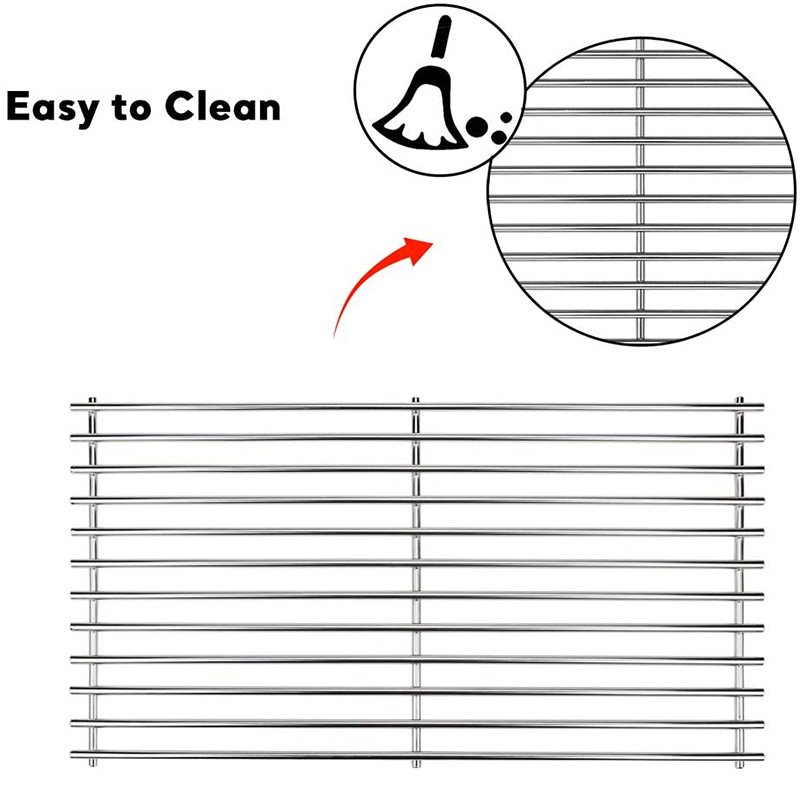
 What is the best steel grade to produce BBQ grill grid.
What is the best steel grade to produce BBQ grill grid.  You May Also Like
You May Also Like
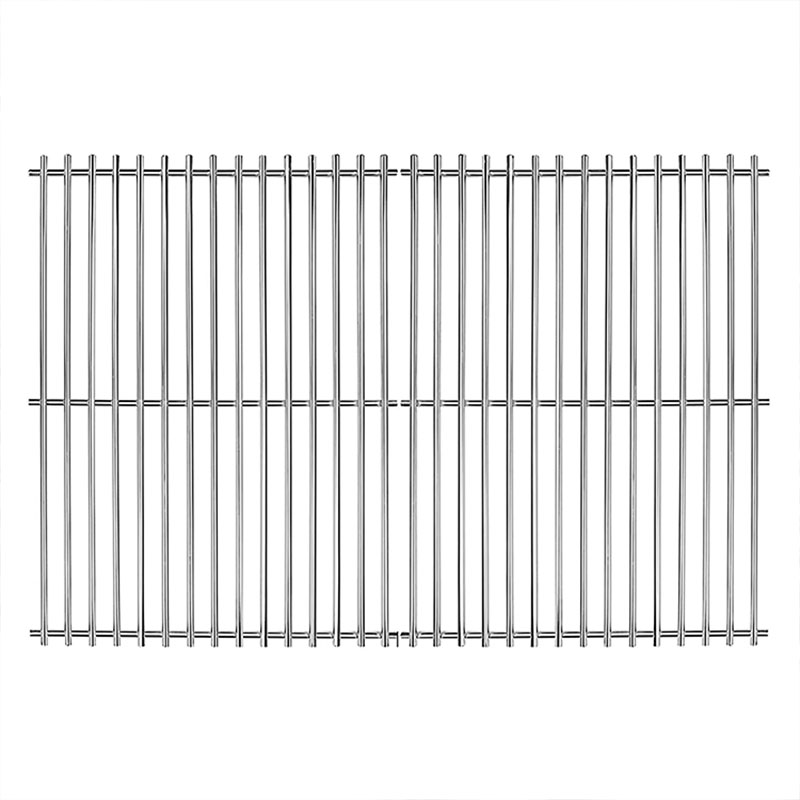

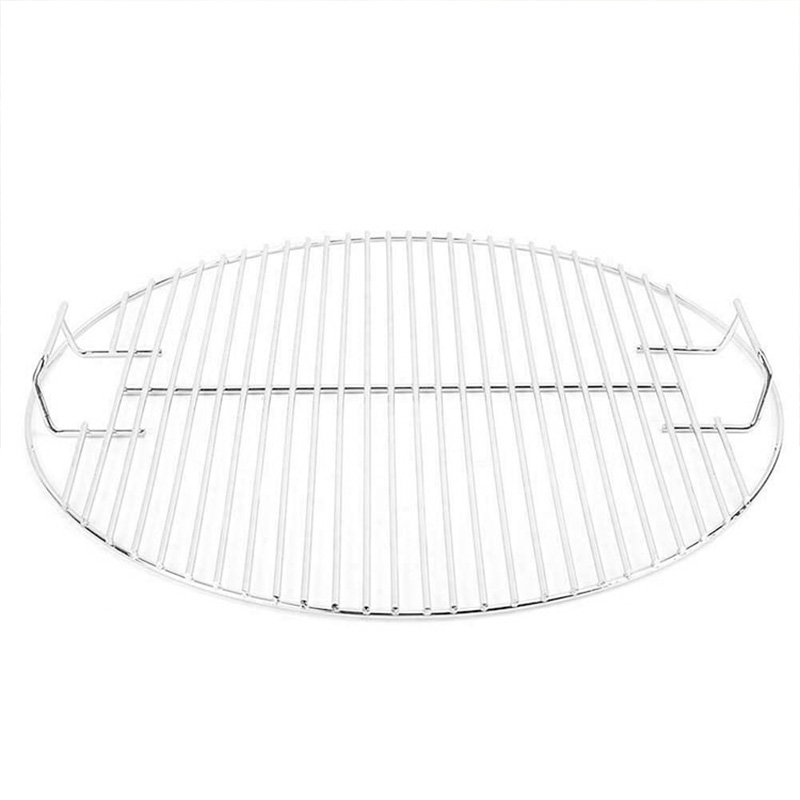
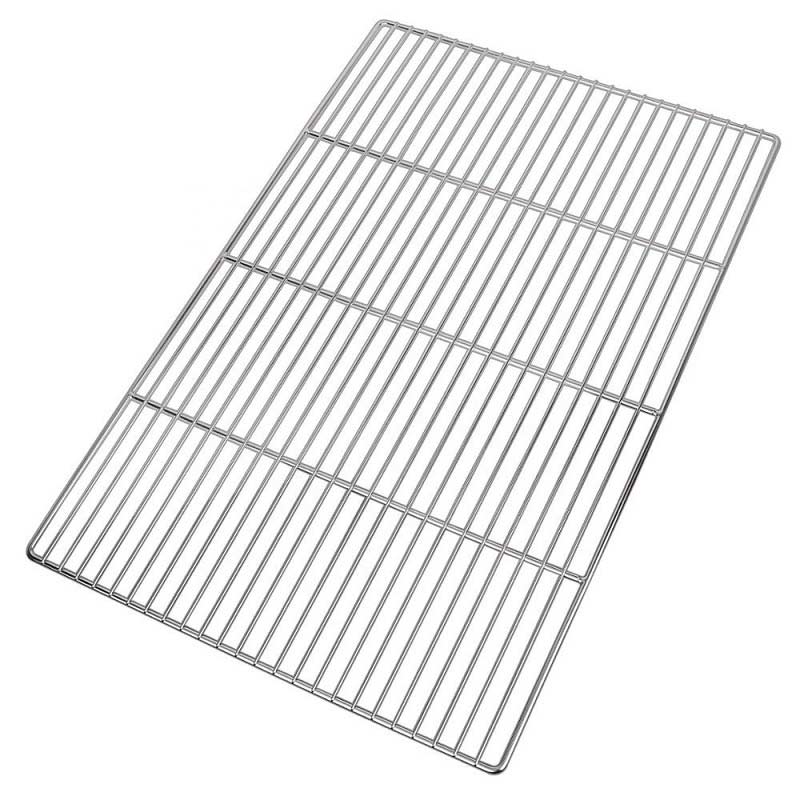


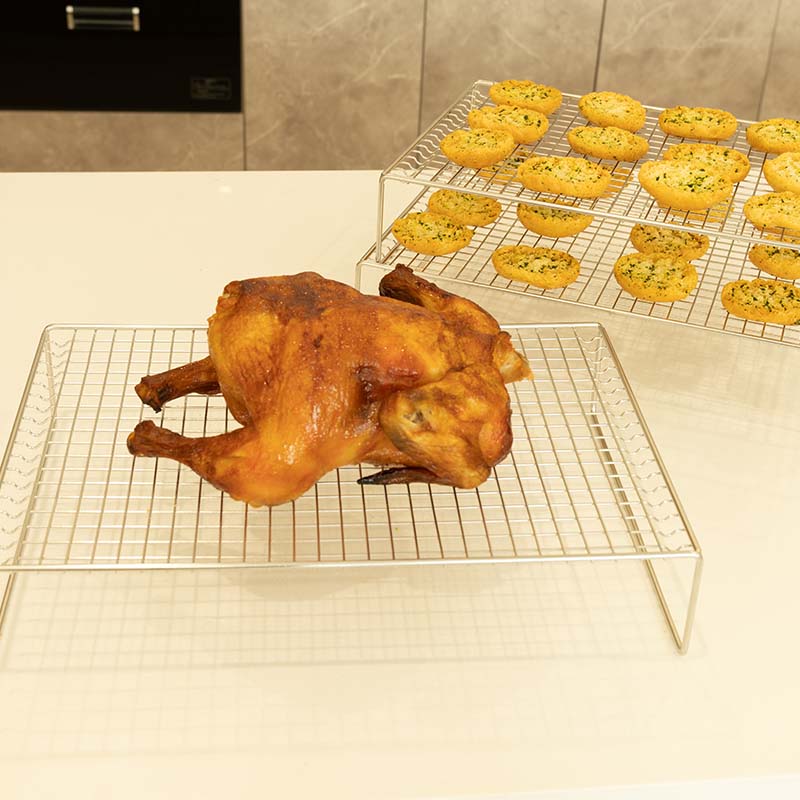
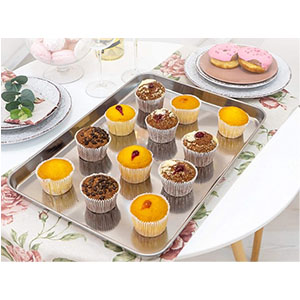
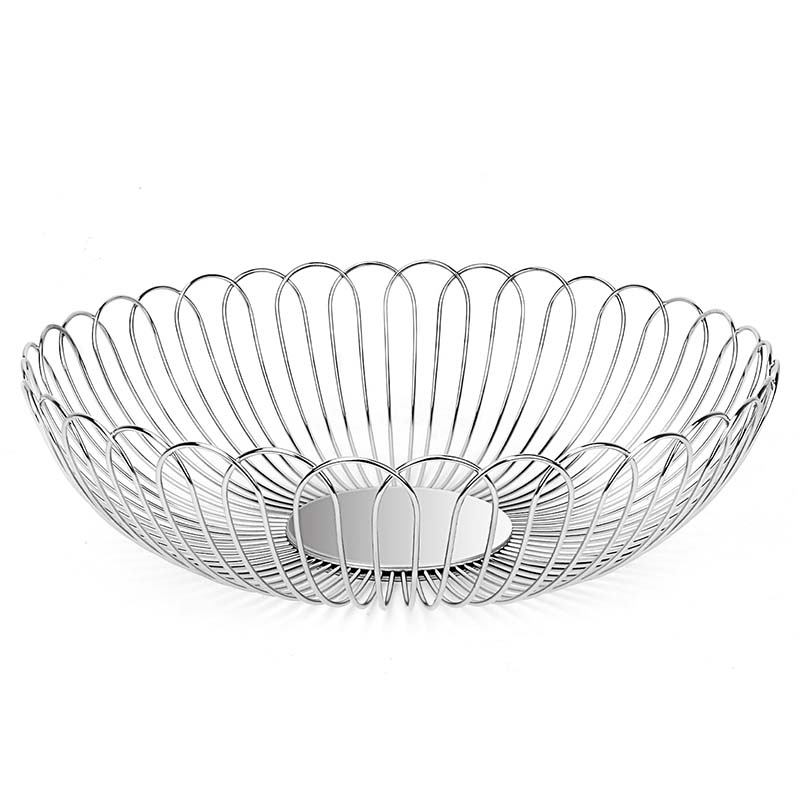

 Tel
Tel
 Email
Email
 Address
Address













